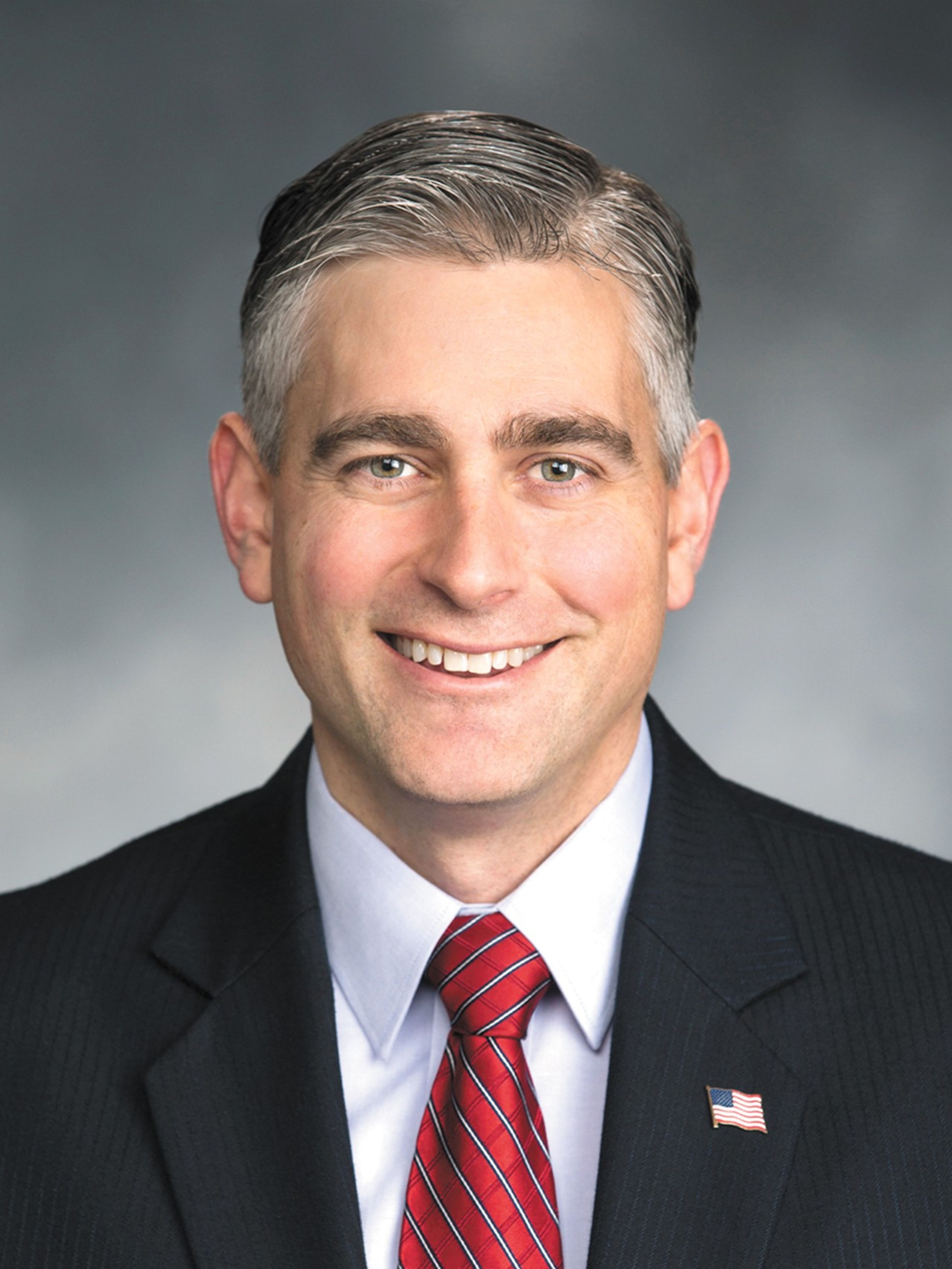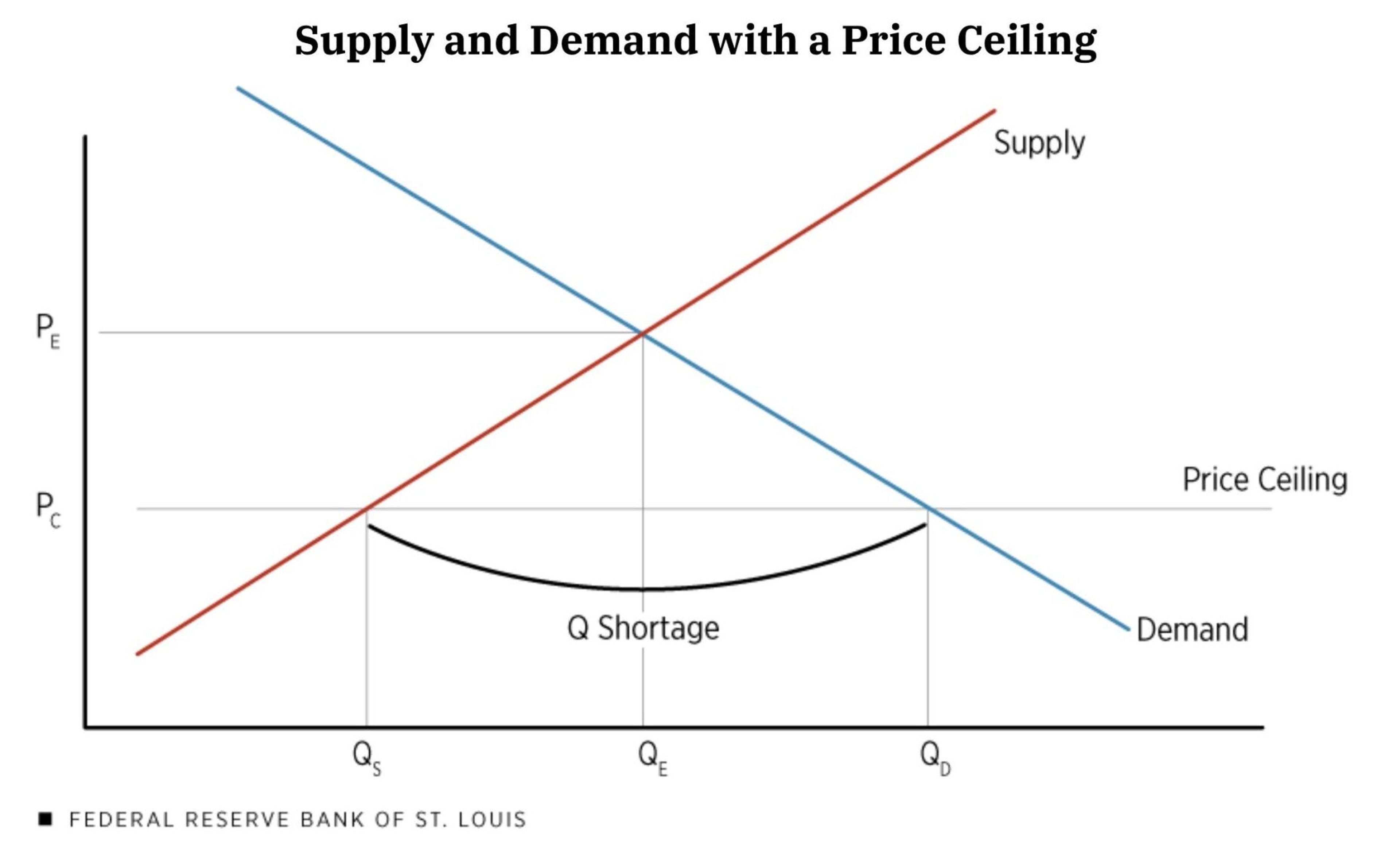Harvard water crisis worsens
Latah County pledges financial support to help offset costs piling up during emergency
The pumping capacity of Harvard’s lone drinking water well has fallen significantly and the unincorporated town’s water system operator is fearing the worst.
“He thinks that the system is going to run out of water and he’s not really sure how they’re going to pay for some things that need to happen, so they’re really in a tough situation,” said Kristina Gillespie-Jaques, Mountain Waterworks business manager.
Mountain Waterworks, a water and wastewater utility engineering company based in Boise with its nearest office in Lewiston, is working with Harvard’s Hoodoo Water and Sewer District to get through the water emergency and find a long-term drinking water solution.
Latah County commissioners agreed Monday to provide up to $26,600 in federal American Rescue Plan Act funds to help with costs associated with the water crisis.
The county must prove that the costs are “related to or exacerbated by” the COVID-19 pandemic to use the funds. County officials believe the costs meet the eligibility requirements.
The county received $3.7 million in its first ARPA installment, Latah County Clerk/Auditor/Recorder Henrianne Westberg said. It will receive its second installment next year.
The Hoodoo Water and Sewer District asked for $100,000 from the county almost two weeks ago to help pay for the costs it has and will incur. Commissioner Tom Lamar said the $26,600 includes costs for water hauling services and water bottles supplied to Harvard residents.
Gillespie-Jaques said after the meeting she is grateful for the county’s proposed financial support but it “by no means will be able to get them upright.”
She said she, the district and the county will look at grant opportunities to help cover the remaining costs.
Commissioner Kathie LaFortune said the commissioners decided to fund the items it knew ARPA funding could cover.
“Our (county) budget is really, really tight this year,” she said.
Lamar said the district needs to figure out an appropriate water rate for its customers so the county does not have to fund these costs in the future.
“People that are getting service from the Hoodoo Water and Sewer District need to cover those costs for the long term,” Lamar said.
Gillespie-Jaques said after the meeting that the district needs to revisit its rates but it cannot do that until it gets through the water emergency and a sustainable water solution is in place.
Gillespie-Jaques said the well is pumping 16 gallons per minute, which is down from 26 gallons per minute. She said the reservoir is about half full.
She said the Idaho Rural Water Association and Idaho Department of Environmental Quality moved a 1,000-gallon water trailer, or “water buffalo unit,” to Harvard last week. Gillespie-Jaques said Potlatch will allow Harvard to fill up the unit. She said, hopefully, the unit will curtail some of the future water hauling costs.
(Editor's note: The original version of this story incorrectly indicated the size of the water trailer in Harvard in the above paragraph.)
Gillespie-Jaques said during Monday’s meeting that a well service provider arrived in Harvard last week. The provider will analyze potential operational deficiencies of the well pump, but that is unlikely to be the cause of the emergency since the provider installed the pump 18 months ago. It will also provide camera work to analyze the condition of the well casing and what the water situation is deep in the well.
The county commissioners declared an emergency July 7 because Harvard’s well was not producing enough water for the people it serves. They extended the emergency July 14 and it is in effect indefinitely.
Cabeza can be reached at (208) 883-4631, or by email to gcabeza@dnews.com.







